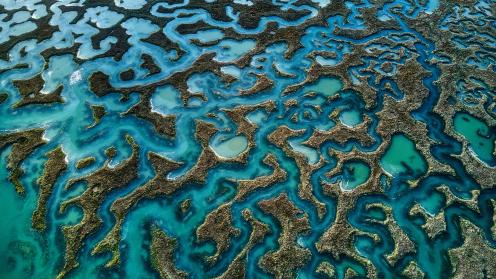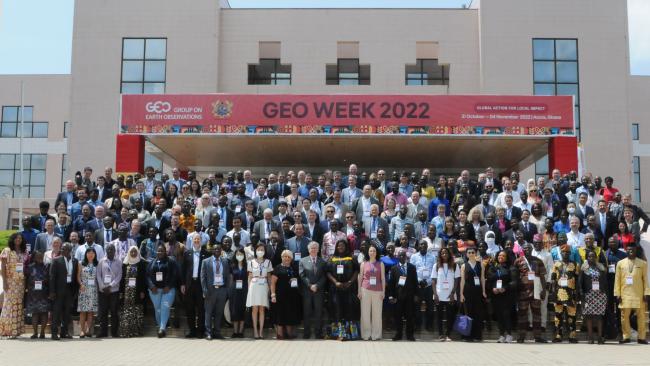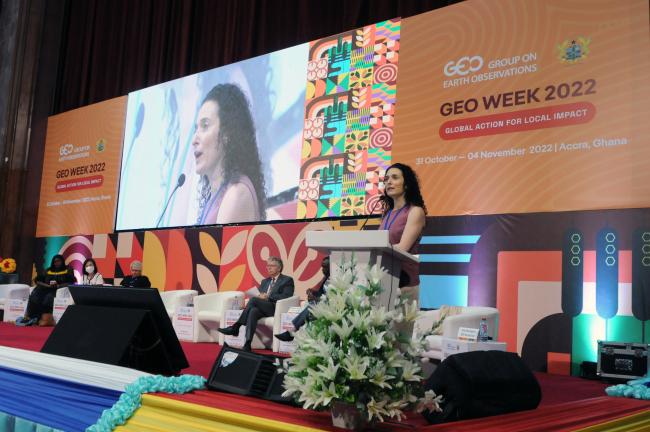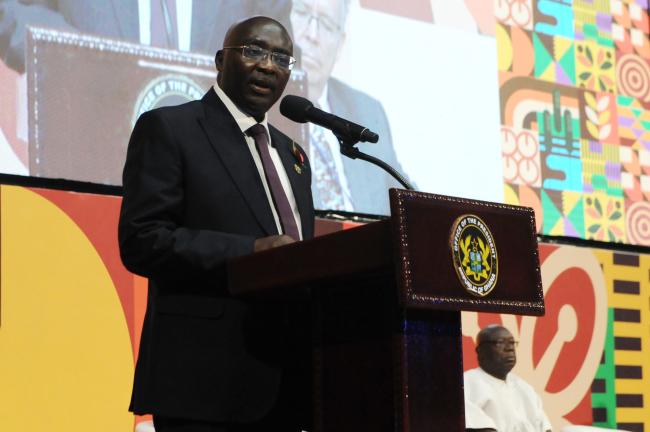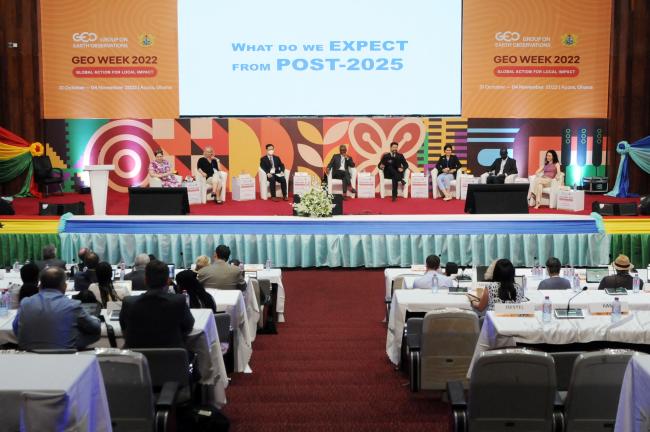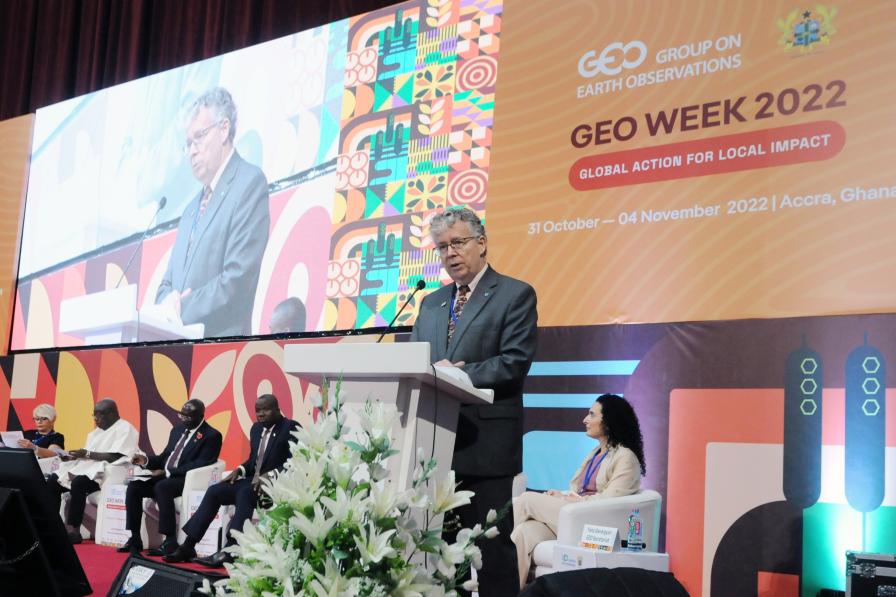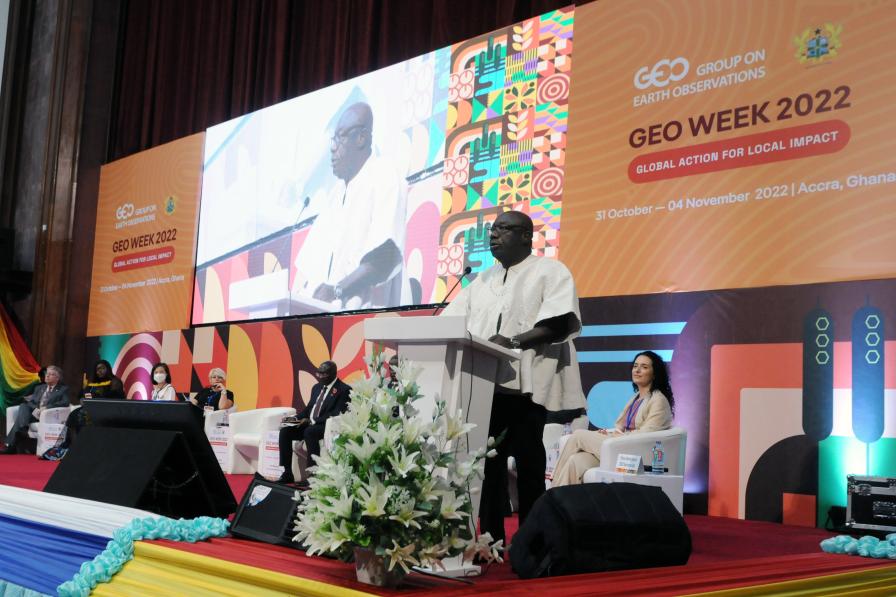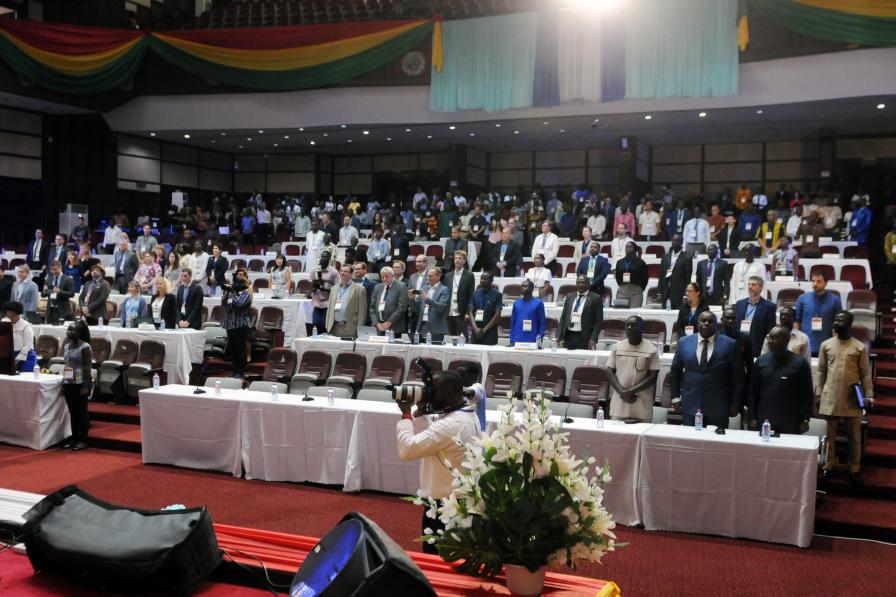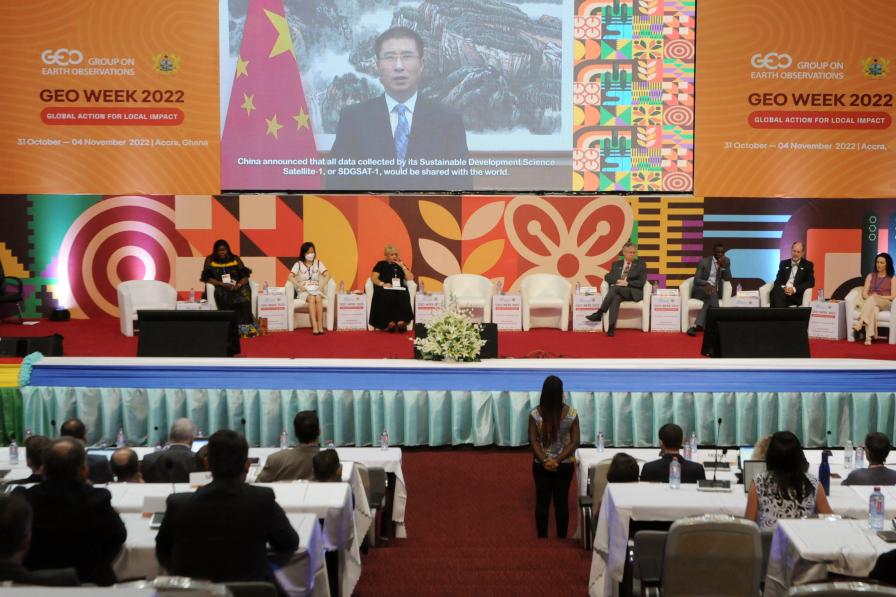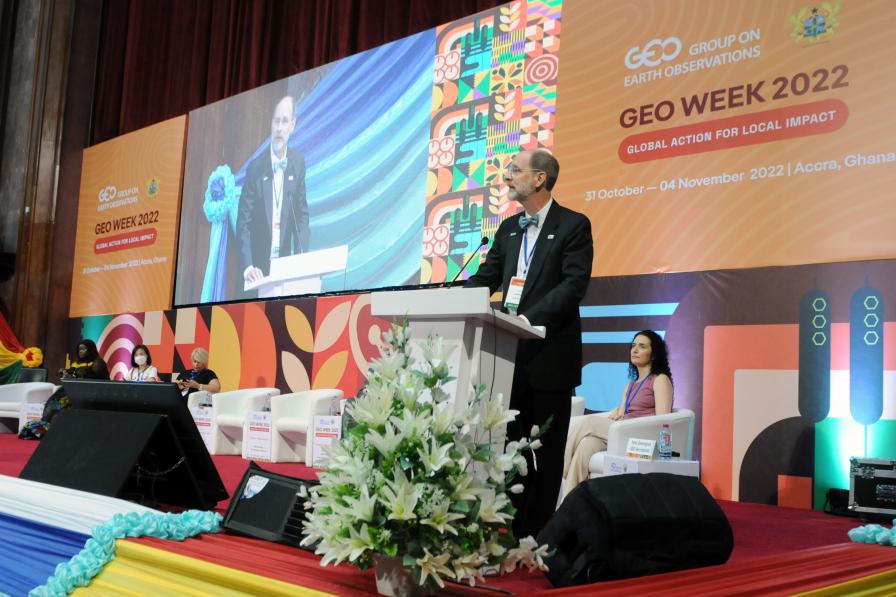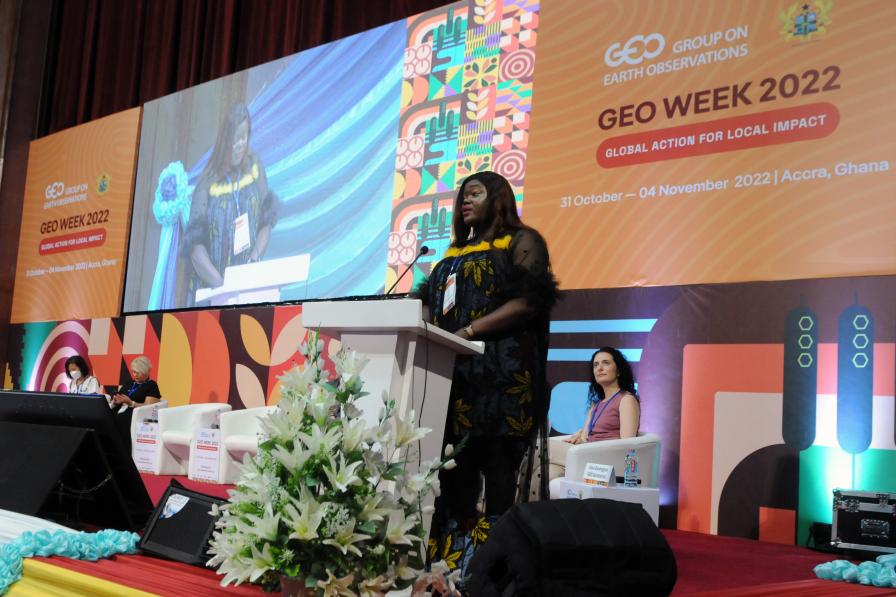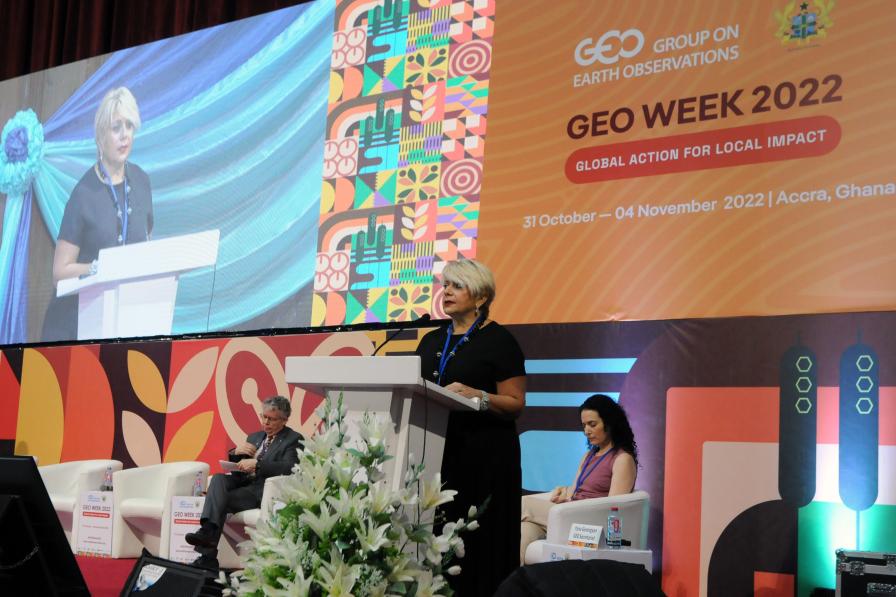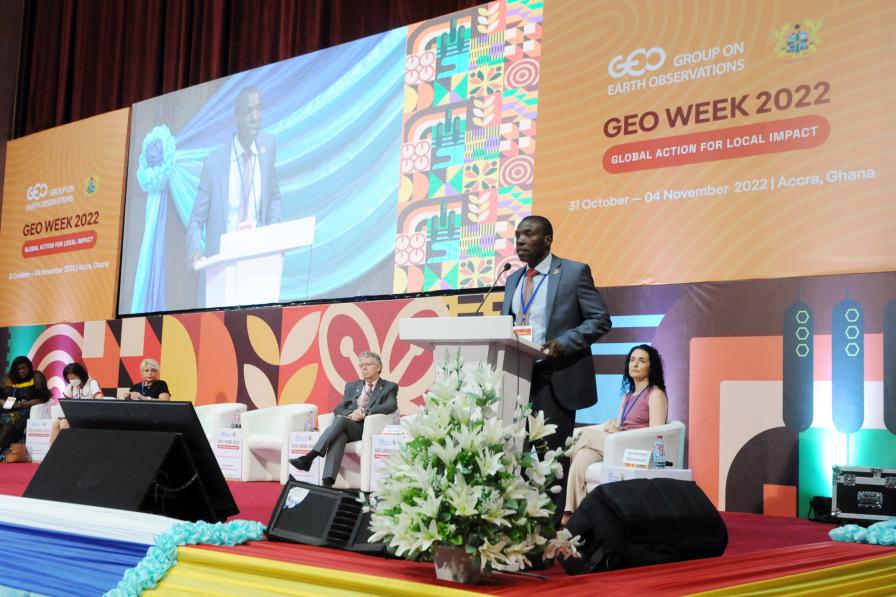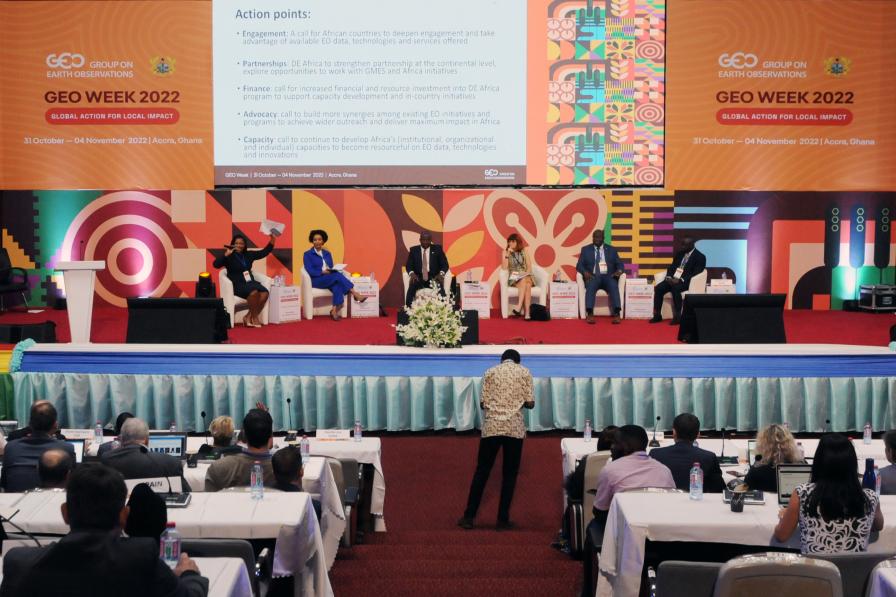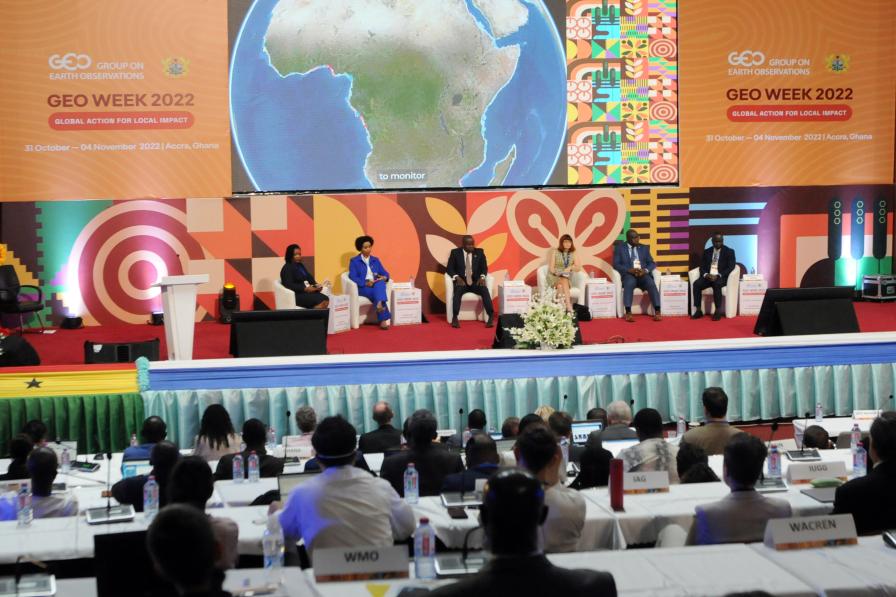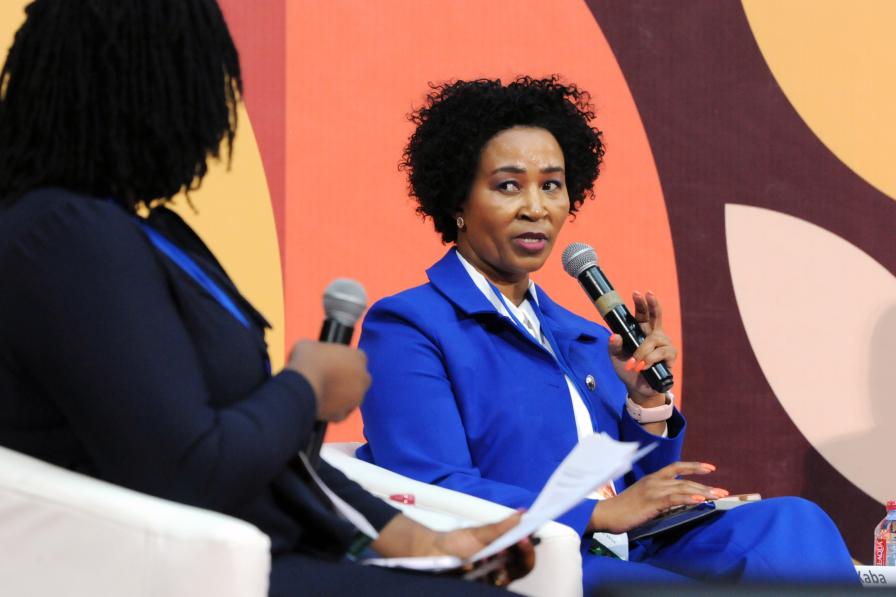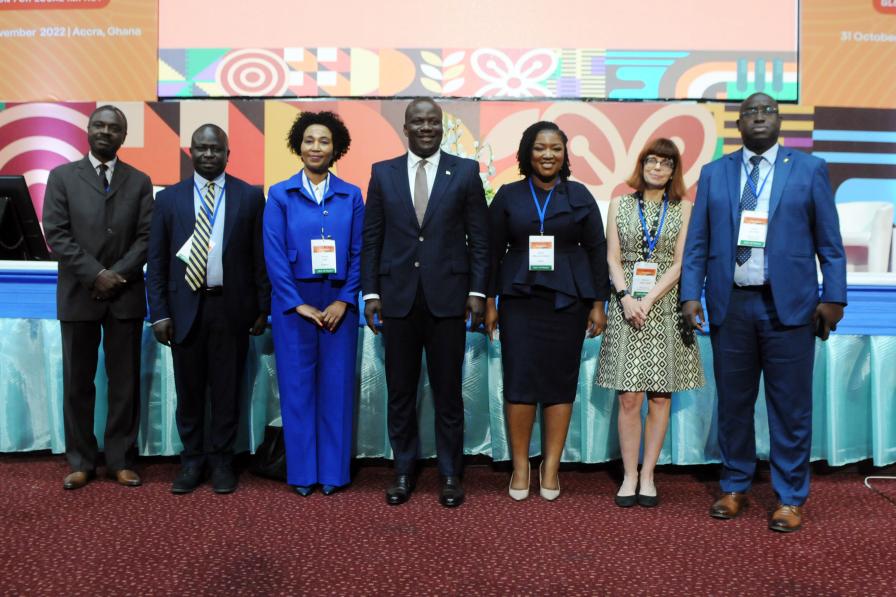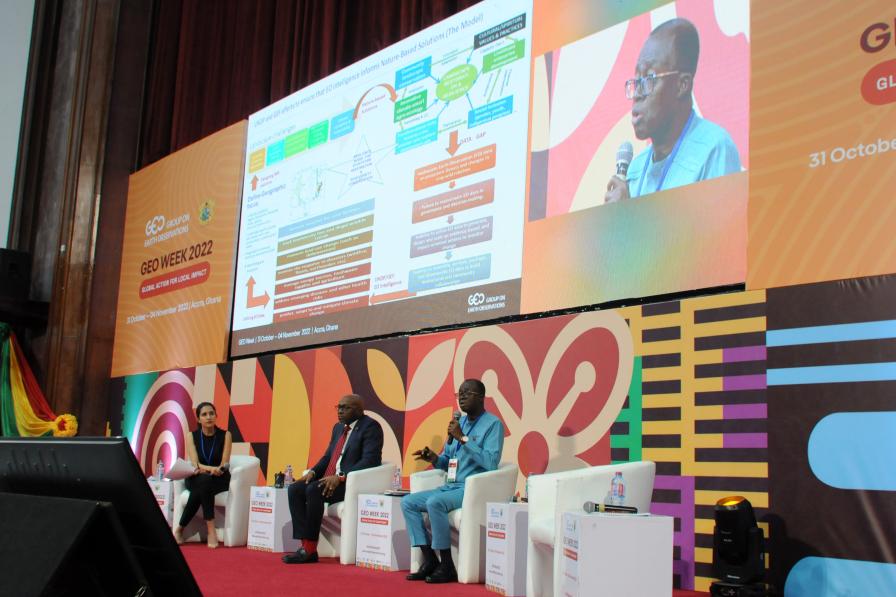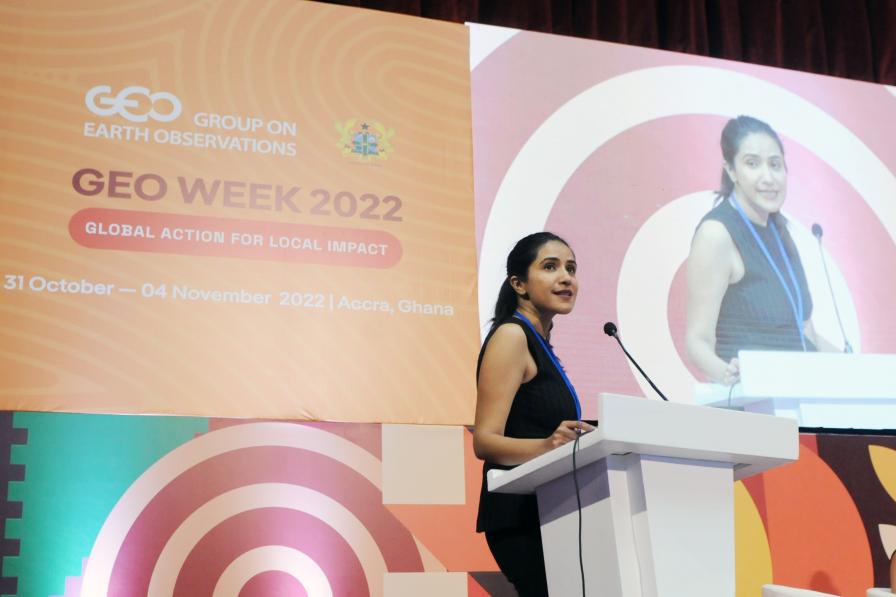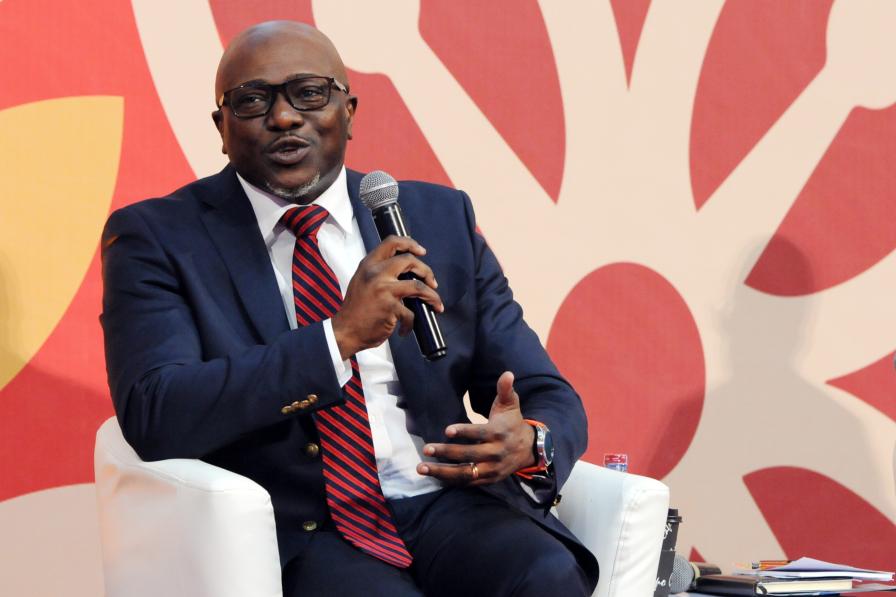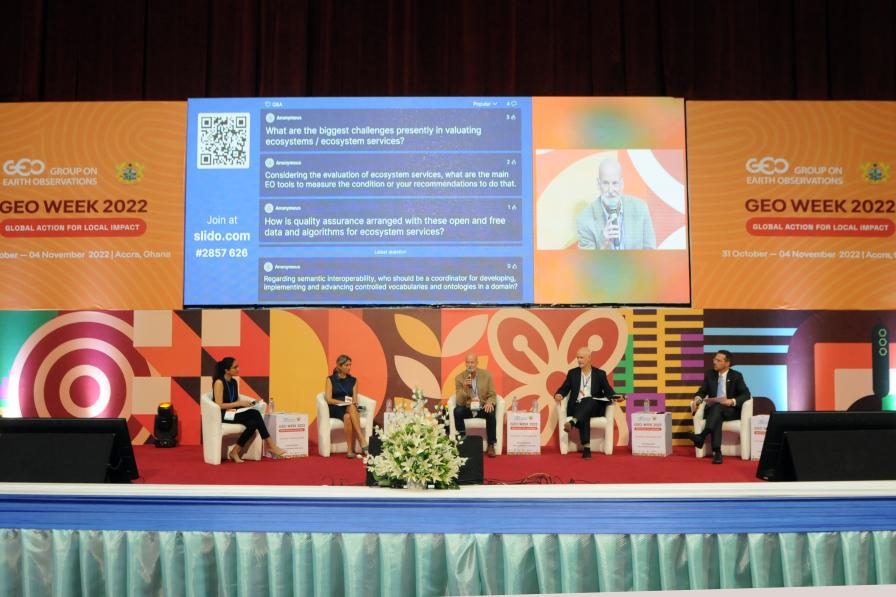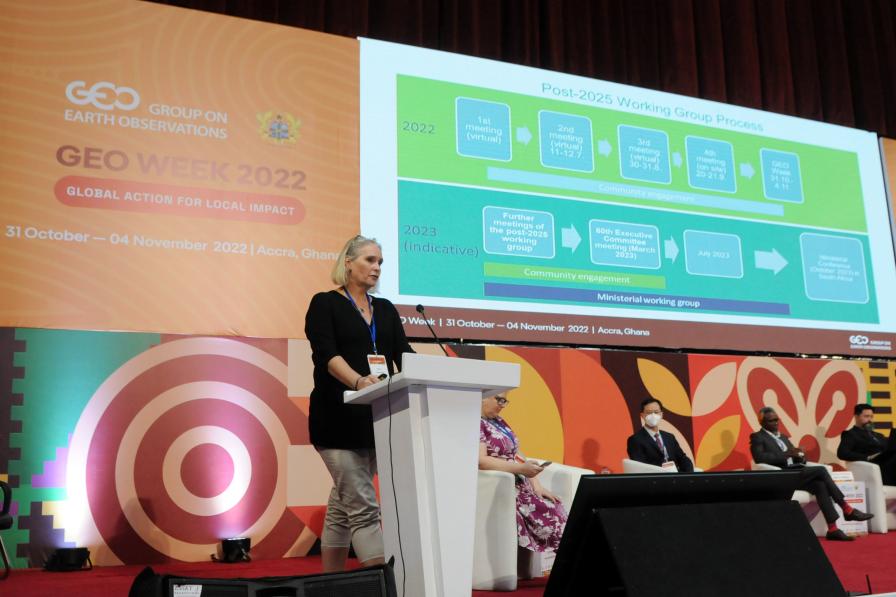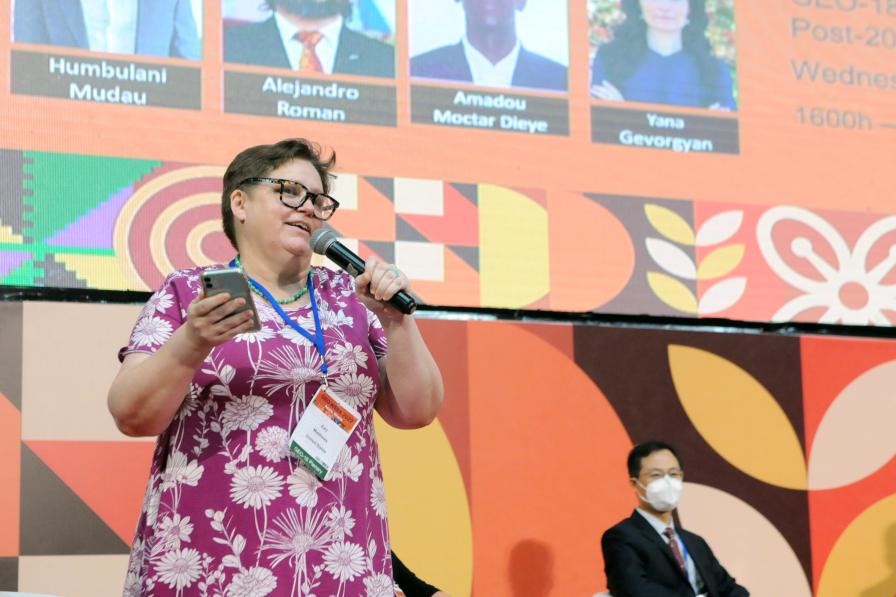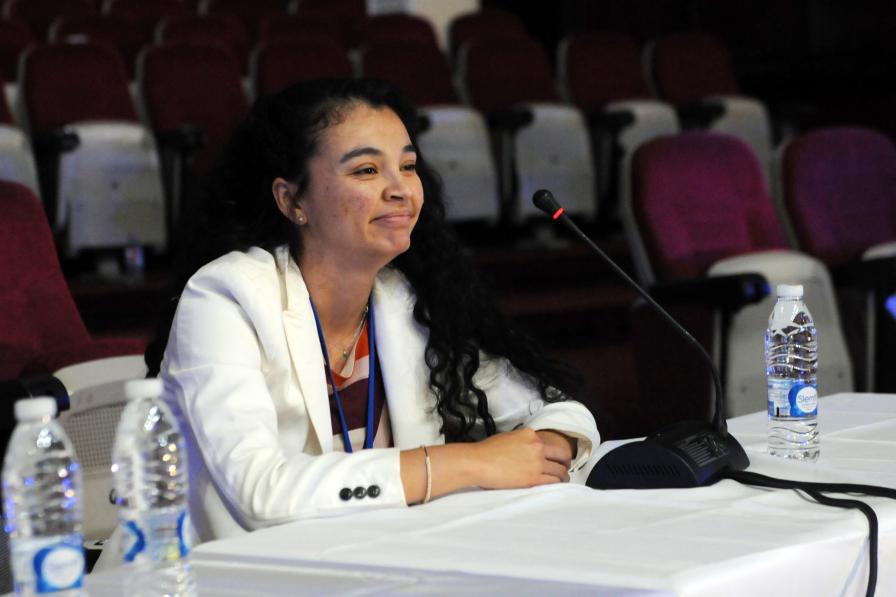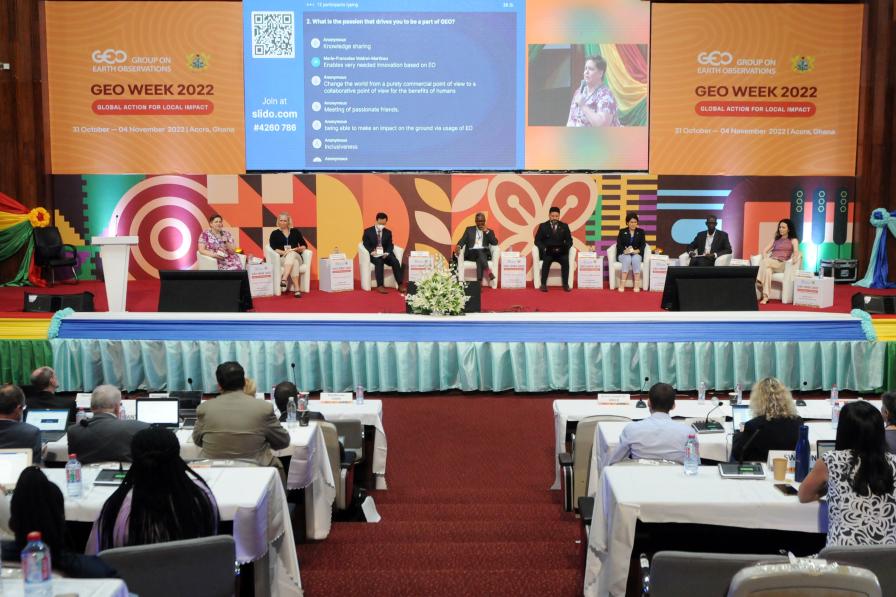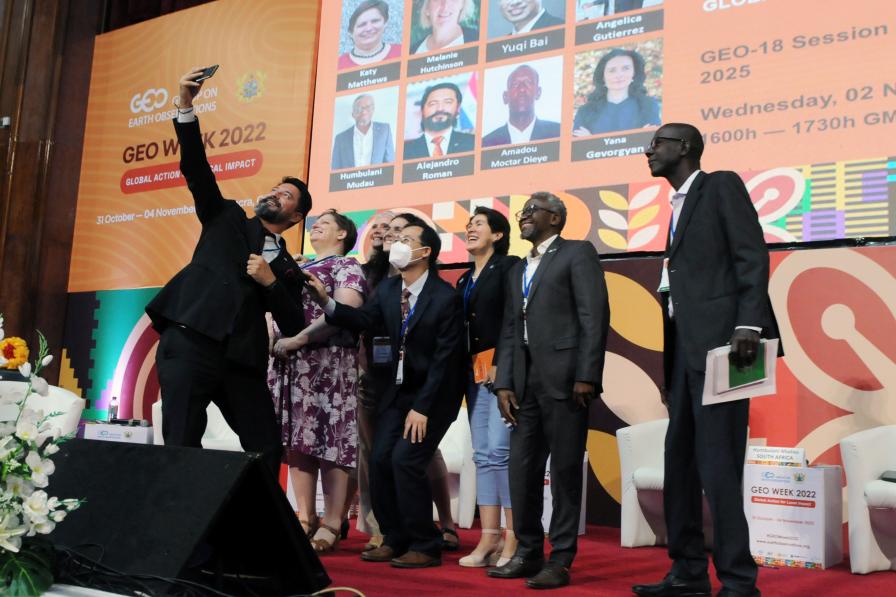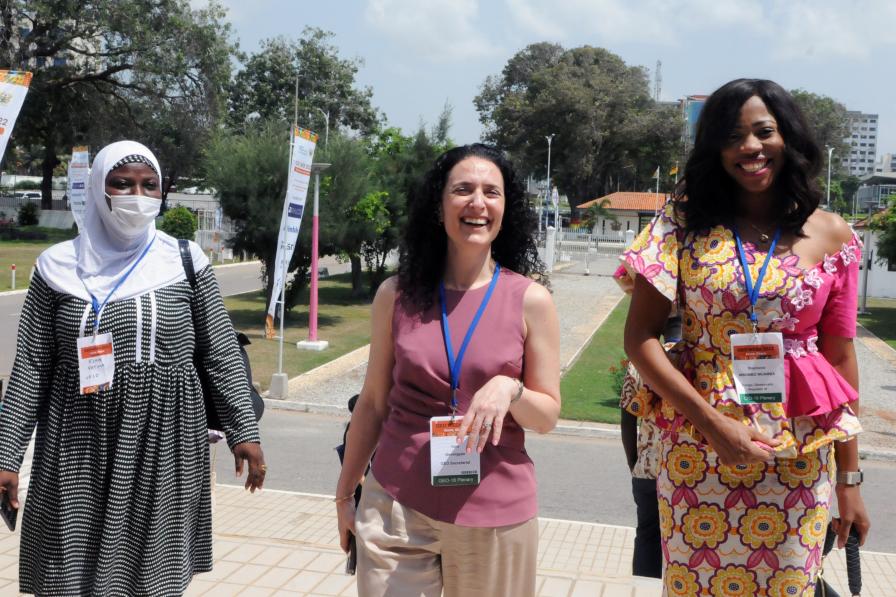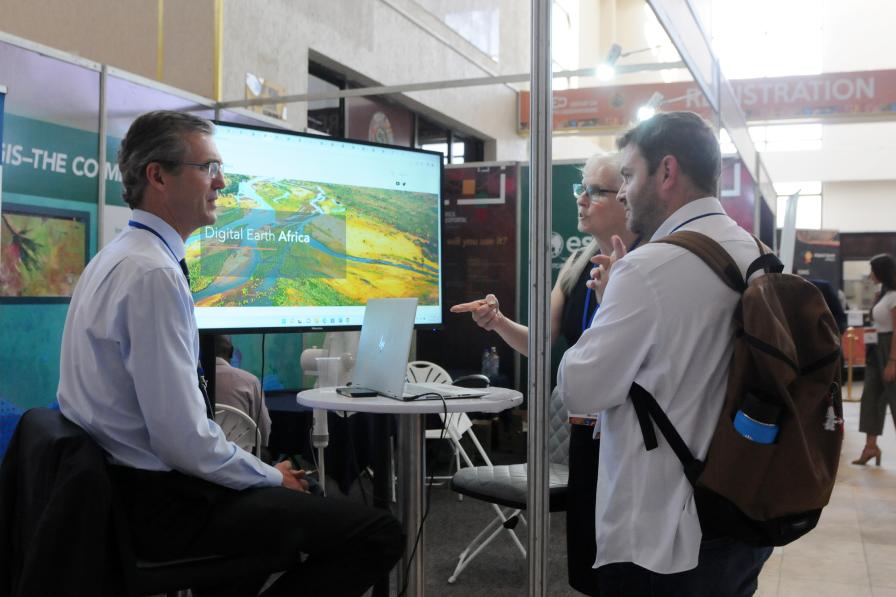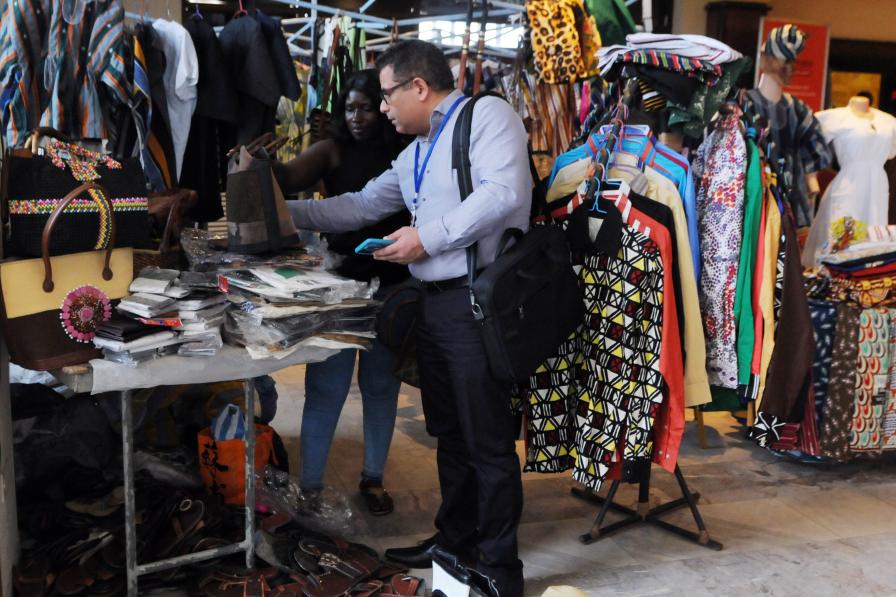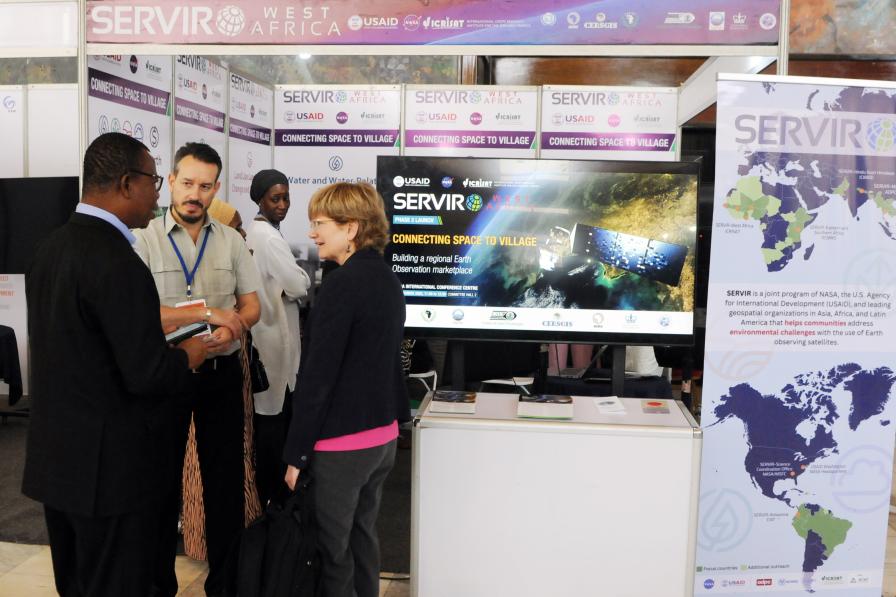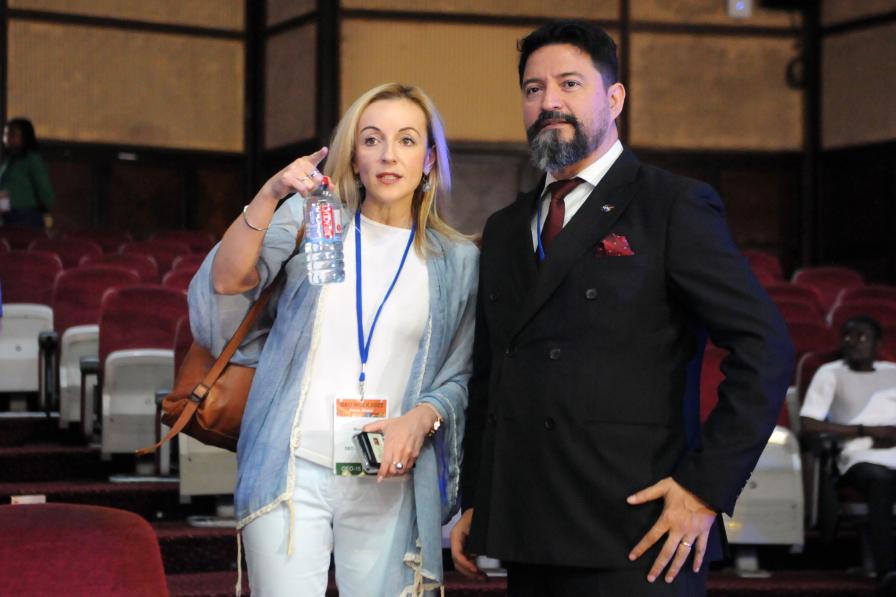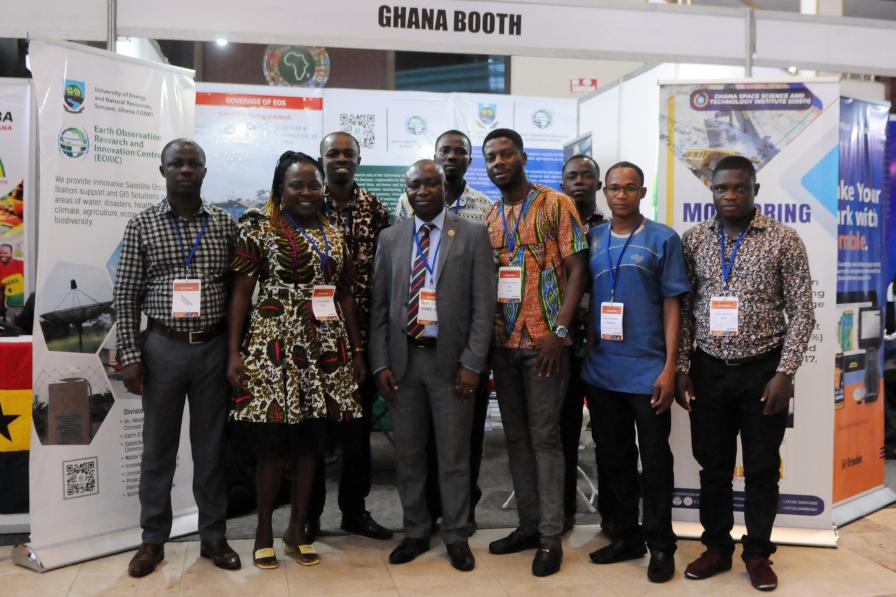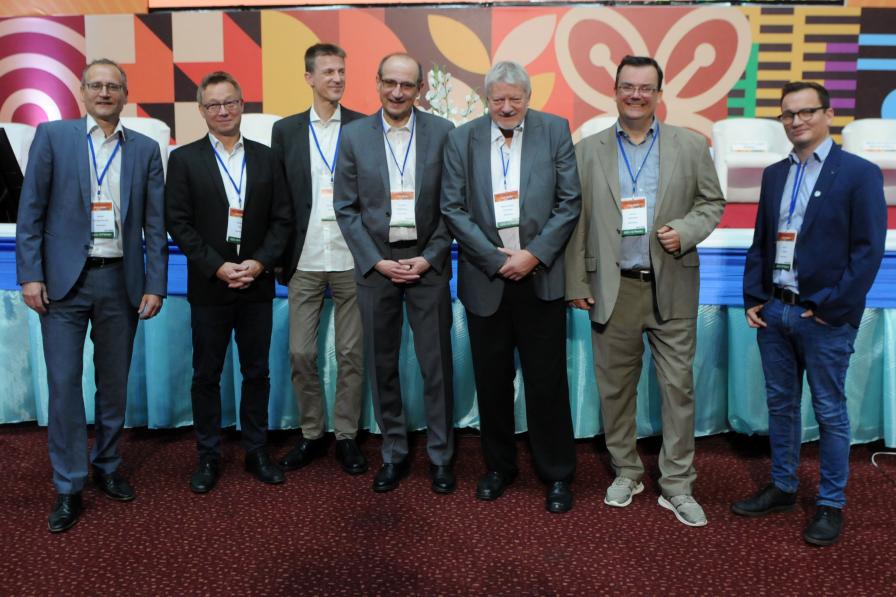The 18th GEO Plenary opened in Accra, Ghana, with delegates anticipating a packed two days of hearing about and sharing lessons learned from the global experience in integrating Earth Observation (EO) in decisions addressing the world’s most pressing challenges, including poverty, land degradation, and climate change.
In opening remarks, GEO Lead Co-Chair Stephen Volz, US, highlighted that GEO-18’s theme, “Global action for local impact,” is anchored around fostering synergies across all GEO activities to enable people to make better choices with EO goods and services. Yana Gevorgyan, Director, GEO Secretariat, encouraged GEO members to, among other things: “tap into ambition” for consensus-driven technologies for policymakers to “future-proof” their actions; and “build a bridge from today to the future” to apply their resources in terms of talents, time, funding, advocacy, and communication.
In a keynote address, Mahamudu Bawumia, Vice President of Ghana, emphasized that his country is developing an interoperable “data ecosystem” that combines EO with socioeconomic data, citizen science, and statistical data for meaningful and impactful sustainable development. Caryn Dasah, peacebuilder, and social justice and gender equality advocate, Cameroon, highlighted that people of her generation want information to be available so leaders can build peace and address environmental challenges.
Delegates then engaged in discussions related to operational services for Africa, agreeing that:
- African countries need to deepen engagement and take advantage of available EO data, technologies, and services;
- Digital Earth Africa (DEA) should strengthen partnerships at the continental level;
- DEA financial and resource investments need to be increased to support capacity developments and in-country initiatives;
- building synergies among existing EO initiatives and programmes will achieve wider outreach and deliver maximum impact in Africa; and
- Africa’s capacities to become resourceful on EO data, technologies, and innovations need to be developed.
In the open discussion on EO for nature-based solutions, delegates raised questions related to, among others: how to incorporate data on urban spaces into the nature-based solutions agenda; the role of nature-based solutions in mitigating extreme events; and how the GEO can influence data-related climate finance decisions. They also discussed how to embed land-degradation neutrality into national planning processes as a core nature-based solution; and how to use nature-based accounting in decision making.
The session concluded that:
- global ecosystem extent mapping and monitoring is a strategic need for multiple multilateral environmental agreements and the implementation of nature-based solutions;
- GEO is uniquely placed to lead the development of this programme through coordination and consensus building; and
- there is an urgency to act on this programme, which needs multi-stakeholder engagement and enabling financing.
At the end of the day, delegates engaged in an interactive, candid discussion on the “Road to GEO Post-2025,” sharing their views on the strategic direction of GEO. Melanie Hutchinson, DEFRA, noted that the Post-2025 Working Group comprises 28 members who have worked to identify policy trends for the increased use and application of EO, its additional value for the private sector, and technological trends in machine learning, and citizen censor innovations. She identified key considerations for GEO member feedback, including: increasing equitable access to EO; strengthening GEO governance' mobilizing new donors and identifying innovative financing; and enhancing communications and advocacy.
Both in-person and virtually through the online platform Slido, they considered questions related to, among others: the type of new activities that could drive increased investments into GEO programmes; gaps in observations and information that the GEO is best positioned to bridge; and the types of partnerships and investments needed to drive scalability and operationalization of results in GEO’s work.
GEO-18 Plenary will reconvene on Thursday, 3 November 2022.
All ENB photos are free to use with attribution. For the GEO Week 2022, please use: Photo by IISD/ENB | Diego Noguera.
